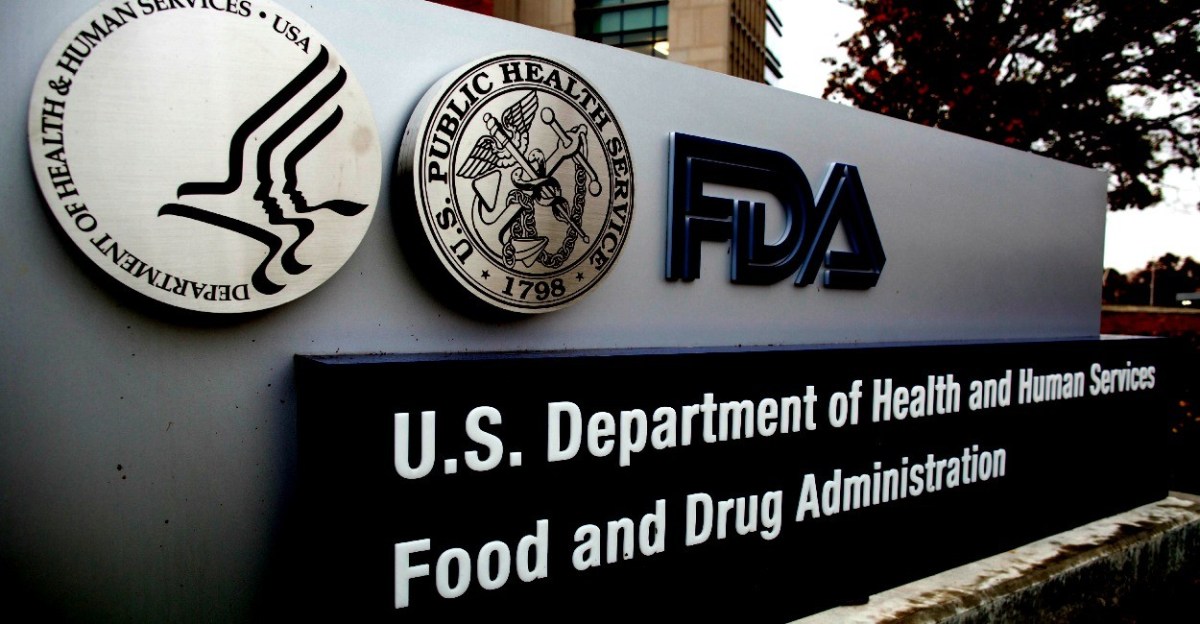Warning: There are many potential side effects of Cytoxan, all of which you should report to your doctor. You should also be aware that even though Cytoxan can be used to treat many types of cancer, taking this medication could increase your chances of developing. If you experience a side effect that is unusual for this medication, you should consult with your doctor immediately. You and your doctor should report the side effects to the FDA.
Indications: Cytoxan is a brand-name for Cyclophosphamide, a medication that is used to treat many things. It treats many types of cancer, especially various types of leukemia and lymphoma, but it can also be prescribed for other types. Cytoxan can also be prescribed to treat a non-cancerous disease called nephrotic syndrome, which occurs because of damaged kidneys. This medication works by attacking fast-growing cells, which, in most cases, means that the benefit of this medication is that cancerous cells will be attacked. However, it also can fight your body’s immune system, which is how it can help to treat neuphrotic syndrome. Occasionally it can be used to treat other illnesses as well.
In general, Cytoxan is used in the treatment of the following cancers:
| · breast cancer
· testicular cancer · endometrial cancer · ovarian cancer · lung cancers · Ewing’s sarcoma · multiple myeloma · mycosis fungoides · mycosis fungoides |
· neuroblastoma
· retinoblastoma · rhabdomyosarcoma · retinoblastoma · Lymphomas: Hodgkin’s lymphomas and non-Hodgkin’s lymphomas · Leukemias: chronic lymphocytic leukemia (CLL), chronic myelocytic leukemia (CML), acute myelocytic leukemia (AML), acute lymphocytic leukemia (ALL) |
Dosage: Cytoxan is normally taken once a day, and is taken in a simple tablet form. You may take this medication for only a short amount of time, or you may take it for a long time, depending on what you are taking this medication for, which other medications you are also taking, and other factors. You will want to take Cytoxan at around the same time every day and never take more or less than your doctor has prescribed. Never stop taking your medication without talking to your doctor, even if you are experiencing side effects. However, you should report any side effects to your doctor. Drink plenty of fluids while on this medication.
Storage: Keep Cytoxan out of children reach. Store the medication at room temperature below 25 degrees Celsius (77 degrees Fahrenheit), and strictly away from temperatures exceeding 30 degrees Celsius. Always store Cytoxan away from moisture and heat. Discard any unused doses after the expiration date. Talk to your pharmacist about the proper disposal of the medication.
Overdose:
 When Cytoxan is given in hospital by professionals, the risk of overdose is virtually nonexistent. When the drug is taken by mouth chance of overdose increases; either voluntary or involuntary, it may happen that some patients take higher dose. Cytoxan overdose can cause severe and even fatal health problems. An accidental overdose in elderly and especially among young children can lead to death. If you think you have taken an overdose of Cytoxan, contact a poison control center or go to an emergency as soon as possible.
When Cytoxan is given in hospital by professionals, the risk of overdose is virtually nonexistent. When the drug is taken by mouth chance of overdose increases; either voluntary or involuntary, it may happen that some patients take higher dose. Cytoxan overdose can cause severe and even fatal health problems. An accidental overdose in elderly and especially among young children can lead to death. If you think you have taken an overdose of Cytoxan, contact a poison control center or go to an emergency as soon as possible.
Missing dose: When Cytoxan is given by injection, it is administered in hospital; missing dose is very difficult. If for some reasons you cannot be present at the hospital for the treatment, contact your health care provider before the appointment. If you are recommended to take Cytoxan by mouth in tablet form, you can easily forget to take it. If you forgot to take the drug for less than 12 hours, take the usual dose. Beyond 12 hours, it is better to wait for the next dose to continue taking the medication as usual; do not double.
Contraindication: You should still discuss your current health with your doctor before you start taking any medication. Cytoxan is contraindicated or should be used with precaution in the following conditions:
- allergic to cyclophosphamide or any of its ingredients
- pregnancy or breastfeeding
- reduced white blood cell count
- low plateletcount (thrombocytopenia)
- chronic liver dysfunction
- Chronic kidney dysfunction.
Interactions: Cytoxan can react with many medications, so you should be sure to tell your doctor about everything, both prescription and non-prescription, that you are taking or may take while on Cytoxan. This includes vitamins, herbal supplements, over-the-counter pain medication, and other dietary supplements. Cytoxan may be especially likely to react with a variety of cancer medications, the seizure medication phenobarbital, and all forms of hydrocortisone. There are medications not included here that Cytoxan may also interact negatively with, so be sure to tell your doctor about everything you are taking.
Side effects: In addition to attacking cancer cells, Cytoxan can also affect normal cells, which can cause various adverse effects in some patients. Some Cytoxan side effects include:
| · fatigue
· hairloss · dizziness · nausea and vomiting · mouth sores |
· darkened and thickened skin
· blistering skin or acne · decreased appetite · weight loss · Absence of menstrual bleeding (amenorrhea) |
If the side effects above become severe or persist for long, contact your oncologist. In addition, contact your doctor immediately if you experience any of these symptoms:
| · fever
· persistent coughing · black, tarry stools · persistent constipation or diarrhea · sore throat · Painful urination |
· shortness of breath or difficulty breathing
· unusual bruising or bleeding · swelling of the feet or ankles · Bloody or red urine |



